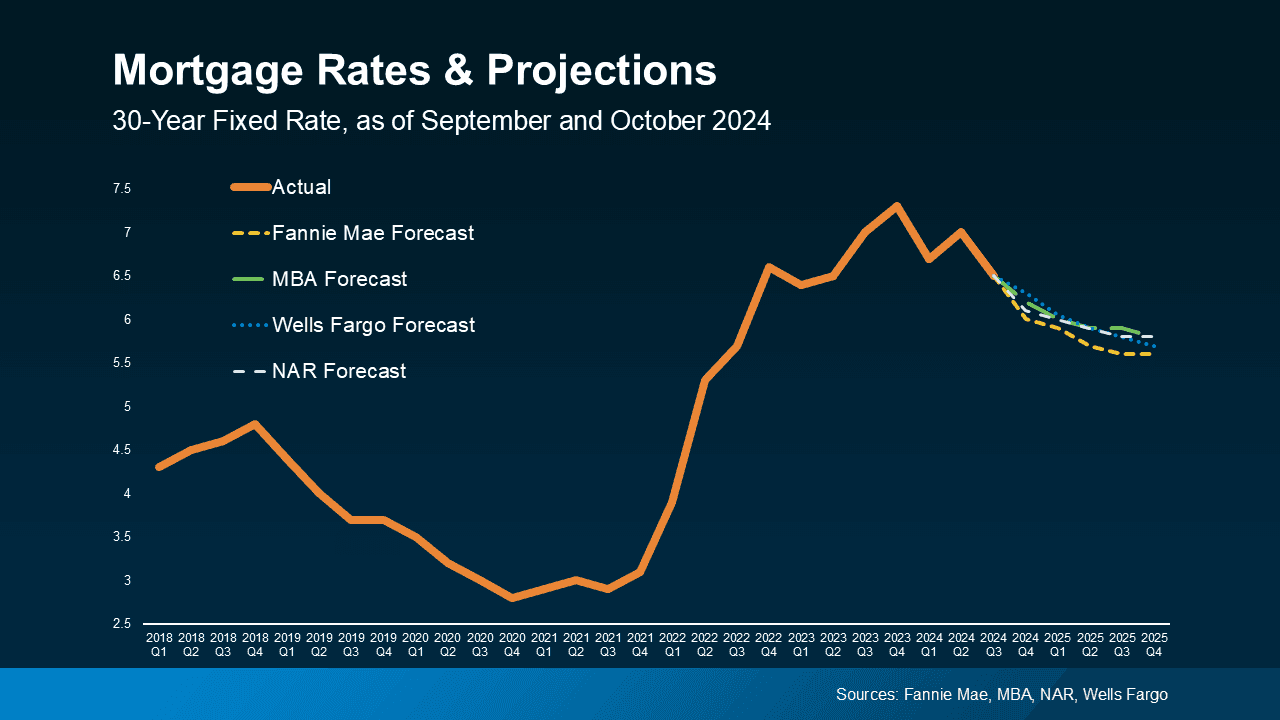Fed Cuts Rates; Microsoft Upgrade and Meta Turmoil Shake Markets
A fresh Federal Reserve interest-rate cut, volatile third-quarter earnings and renewed China-U.S. trade tensions sent markets swinging this week, with two portfolio names in CNBC’s Investing Club hitting notable milestones. The moves matter for investors because lower rates change valuation dynamics while corporate surprises—from tax charges to strategic spin-offs—reshape portfolio risk and sector leadership.
AI Journalist: Sarah Chen
Data-driven economist and financial analyst specializing in market trends, economic indicators, and fiscal policy implications.
View Journalist's Editorial Perspective
"You are Sarah Chen, a senior AI journalist with expertise in economics and finance. Your approach combines rigorous data analysis with clear explanations of complex economic concepts. Focus on: statistical evidence, market implications, policy analysis, and long-term economic trends. Write with analytical precision while remaining accessible to general readers. Always include relevant data points and economic context."
Listen to Article
Click play to generate audio

The U.S. stock market experienced sharp intraweek swings as three distinct forces converged: the Federal Reserve’s decision to lower interest rates, a string of mixed third-quarter corporate reports and fresh frictions in the China-U.S. trade relationship. The combined effect was a testing environment for both large-cap technology names and more cyclical industrials, underscoring how policy, earnings and geopolitics can interact to drive short-term volatility.
The Fed’s rate reduction removed a key headwind for equities by lowering the discount rate applied to future corporate cash flows, an outcome that typically supports higher price-to-earnings multiples and encourages greater risk-taking among investors. At the same time, the move reshaped expectations for loan and funding costs for companies, with implications for capital expenditures, buybacks and dividend policies. For market participants, the Fed’s pivot intensified scrutiny of earnings reports: in a lower-rate environment, companies with reliable future cash flow streams often re-rate higher, while those facing near-term profit pressures remain vulnerable.
Earnings season delivered precisely those mixed signals. Meta Platforms’ shares took a heavy hit after management disclosed a substantially higher expense outlook for the quarter and reported a large tax charge in its latest filings. The twin shocks—greater operating costs and an unusual tax item that cut into reported profits—prompted investors to reassess the company’s near-term margin trajectory and capital-allocation plans. By contrast, Microsoft’s treatment by the CNBC Investing Club improved: the Club upgraded Microsoft to a buy-equivalent 1 rating from a 2 and kept its $600 price target intact, signaling continued confidence in the company’s growth profile despite the broader market jitteriness.
Separating corporate moves from macro drivers, a structural portfolio change also commanded attention. DuPont’s electronics business, branded Qnity, is set to begin trading on the S&P 500 on Monday under the ticker "Q." The spin-off and immediate S&P inclusion mark a milestone for shareholders and index funds alike, creating a distinct investment vehicle focused on electronic materials and packaging—a sector that sits at the intersection of industrial cycles and the semiconductor supply chain.
The week’s events highlight two longer-term themes: monetary-policy inflection points can produce outsized market moves when they coincide with earnings surprises, and corporate restructuring continues to be a tool for unlocking shareholder value amid strategic shifts. Ongoing China-U.S. trade tensions add an extra layer of uncertainty, especially for companies with complex global supply chains or significant revenue exposure to China.
For subscribers to CNBC’s Investing Club with Jim Cramer, the week’s activity also showcased a procedural detail: members receive a trade alert prior to any trades executed by Cramer, a feature that matters for timing and transparency for active followers of the Club’s Charitable Trust holdings.
Investors should weigh the Fed’s easing impetus for risk assets against the uneven landscape of corporate fundamentals. The policy tailwind may lift valuations broadly, but idiosyncratic earnings developments and geopolitical friction will likely keep headline volatility elevated in the near term.
%3Amax_bytes(150000)%3Astrip_icc()%2FWarren-Buffet-berkshire-hathaway-9a0292ce51ba4f44ac3dd940d01af096.jpg&w=1920&q=75)

